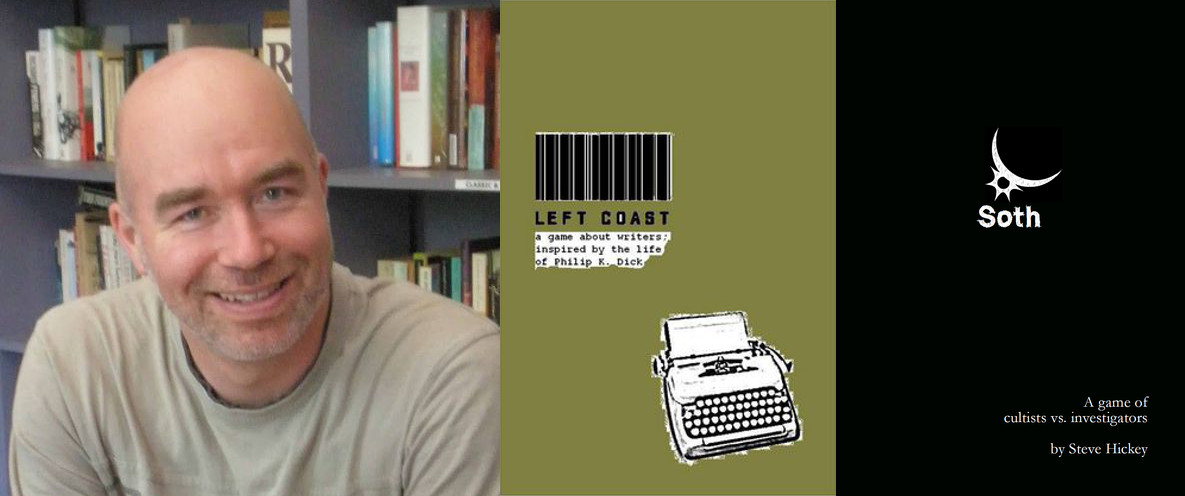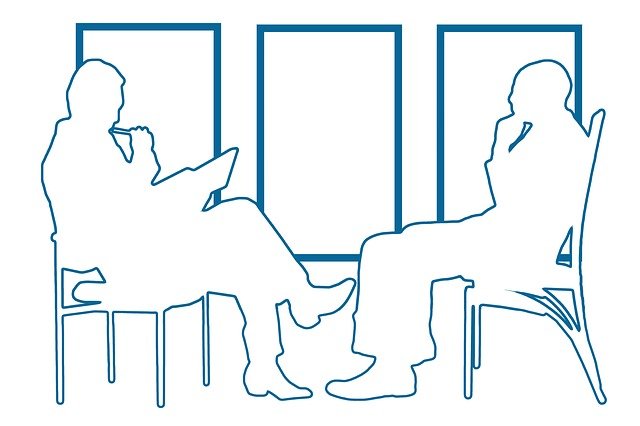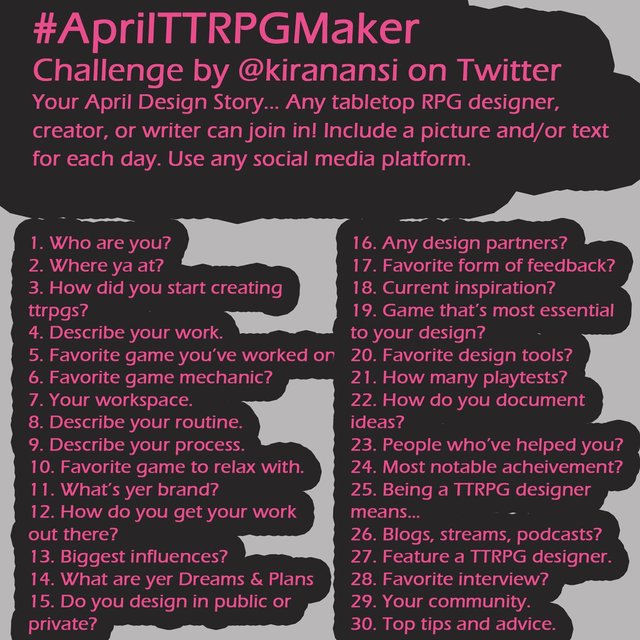22. How do you document ideas?
Mostly on a Gregg-ruled steno pad I keep on my desk, which I write in with Bic mechanical pencils. Apparently these pads are supposed to be used for shorthand, which I don't know, but back at my first conventional office job these were available in the supply cabinet and I found them a lot more convenient for keeping short-term notes and information than full-sized notebooks. They take up a lot less desk real estate, and they're easier to carry around, so I got in the habit of using them. I don't get them "free" from supply cabinets anymore, but they're not very expensive. The downside is that it's rare for me to go back and check earlier pages, so sometimes notes to myself got lost. The upside is that the process of writing things down helps cement them in memory, so there's that, and sometimes I'll remember that I wrote something but not the specifics and will flip back to find it. A GoogleDoc would probably be more effective in terms of preserving ideas, but I'm not in the habit of using them that way. I'm not sure if it would be a good or bad thing to have better reminders of old ideas -- it might help me make more progress on stuff, or it might feel like I was more weighed down.
23. People who've helped you?
Multiple people have helped me, If I try to be comprehensive about cataloging them I'll drive myself nuts worrying that I forgot someone. Instead I'll just relate an anecdote about one person.
I was really frustrated with my game Final Hour of a Storied Age. The first iteration of the game had an idea that an auction mechanic was a really inspired way to allocate screen time. Basically, each person would bid tokens to have the next chapter focus on their character. I had told myself a compelling story about why this made sense: whoever won the bid would be the person who was most invested in having their character in the spotlight, thus imparting some initial energy to the scene. There was a mechanic in the game that converted the tokens that you bid into a resource you used during the scenes, so you needed to bid at least one token. But during playtests people were always grumbling that they had to spend their tokens on this, and frequently people were bidding the minimum amount, and were then frustrated to "win" with that amount and then not have a lot of resources to spend during the scenes.
I felt like I couldn't talk about this online because I felt like I'd just be expressing my frustration with the playtesters for being unhappy that their self-defeating strategies of never trying to win the bid was indeed defeating them. At one point my brother Joe, who knows very little about RPGs, struck up a conversation with me about what I was working on. It wasn't the easiest conversation because I couldn't use the terms or jargon that would have made sense to someone who was enmeshed in the community, but eventually I more or less expressed my frustrations. And in the process of having that conversation it sort of laid bare the fundamental contradiction that people weren't invested in "winning" this bid, so trying to build on top of the emotional investment of winning didn't make any sense. That led me to realize I needed to scrap the auction system. Flipping the idea around to think that if people weren't driving the mechanics to get into the spotlight then the mechanics should be pushing the various players into the spotlight at different times led me to my current dice-based system. I think it works really well, but it's very different from most other games so people who read the rules seem to be somewhat trepidatious about it.
So my brother Joe helped me, not with any specific thing he did, but by being a participant in a conversation where I was able to work out my thoughts and solve a design problem.

24. Most notable achievement
For something to be notable it needs to be discrete enough for people to be able to talk about, and for something to be an achievement it needs to be concrete, measurable, and valued. I'm not sure I have a ton of things that fit into those categories. I've been a finalist in several design contests, although never won. I've made money on a game (my drawing game Four Panels which I have up on DriveThru), and I've made money from my games writing via my Steemit blog. Probably my biggest accomplishment is getting a game draft to the point of external beta testing. If we want to expand out beyond just game design stuff... I guess I get a lot of compliments on my beard?

(image originally from Pixabay)
In amusing synchonicity, on the same day that there was a question about achievements I was cleaning out a closet and ran across a box of old stuff from when I worked at Intel, which I mentioned in a previous AprilTTRPGMaker post, including a bunch of “in appreciation of your achievements” awards they would give to the people on the design team with each processor tapeout.
25. Being a TTRPG designer means...
Ooh, ooh, I know this one! TTRPG is an acronym that stands for TableTop RolePlaying Game, and a designer is someone who designs things, so a TTRPG designer is someone who designs tabletop RPGs! If you have designed an RPG, or are working on doing so, then you're an RPG designer. You may not be a good one. You may not be a professional one. Not all the good ones are professional, not all the professionals are good. Some of the people who are called professional game designers only nominally design games, some of them are mostly writers.
Some game designers are also game publishers, in the early days of The Forge this was a big deal – creator ownership of every stage was considered very important. I think part of that was a weird overreaction to what "publishing" something had come to mean in the mainstream RPG publishing world where the publishers owned the IP and got work-for-hire freelancers to develop their content. That's an unusual approach, the fiction publishing world doesn't work like that, for example. I think the early Forgies may have been a bit overzealous in obsessing over self-publishing, but I think the current indie games/story games scene seems to be using things like Kickstarter to try to recreate the broken old "freelancer" model of the mainstream and mid-tier publishers. I think that's a mistake.
26. Blogs, streams, podcasts?
I posted that as it's own post

27. Feature a TTRPG designer
I did that as its own post, too.

28. Favorite interview?
Also done as a separate post.

(image originally from Pixabay)
The #AprilTTRPGMaker questions

(From Kira Magrann's twitter)